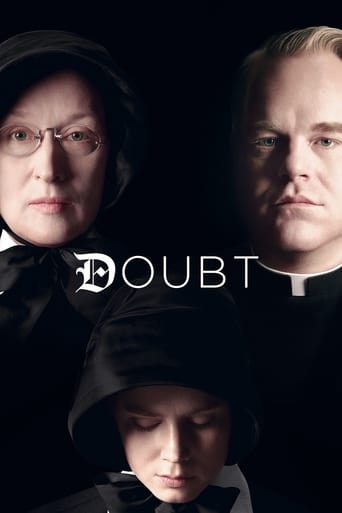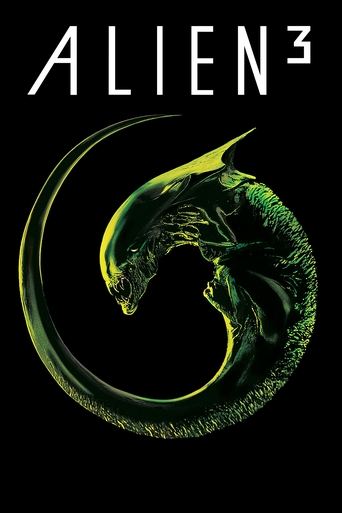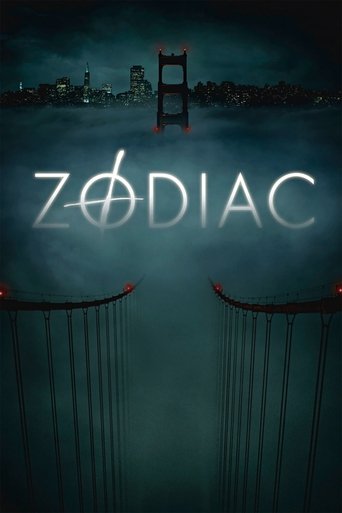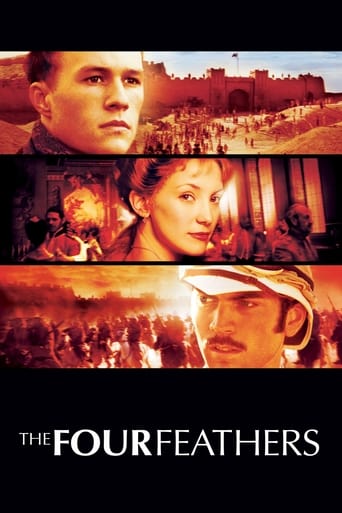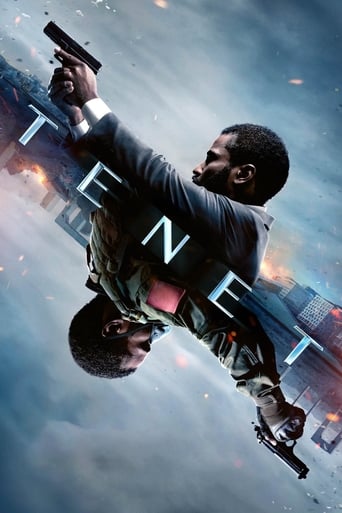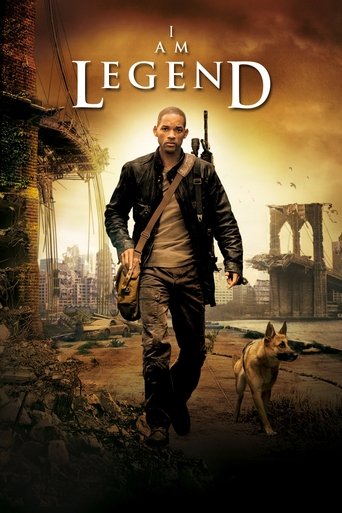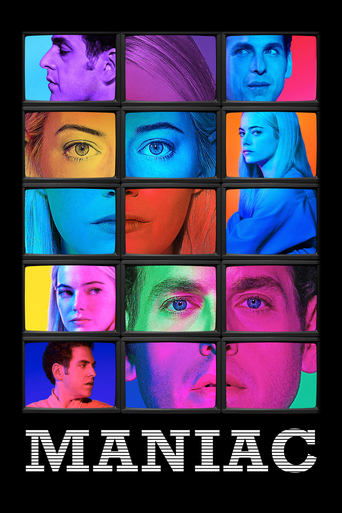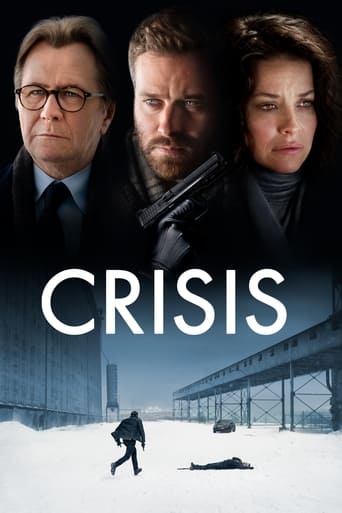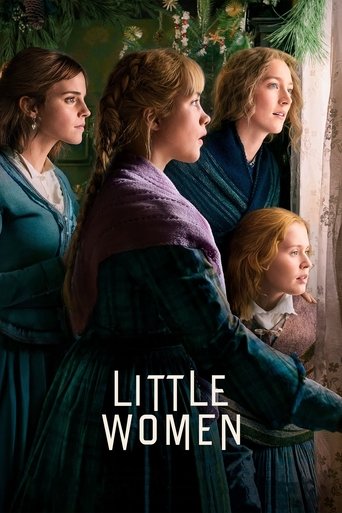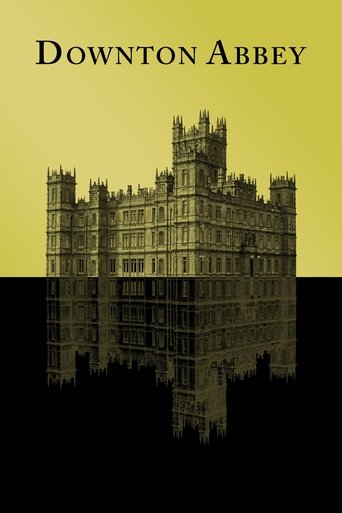Joined 11 Sep 2021
Bio
Overview
Recent scores More
All time favorites More
Reviews More

Don't let people convince you that "Freaks" is a horror movie, because it isn't. It's actually a quite sad and sympathetic look at the way abnormalities were treated in the early part of the 20th century, and has direct parallels to the obsession with physical perfection causing eating disorders today. Tod Browning of course asks us to consider who are the bigger freaks: those with deformed bodies or those with deformed souls? The two "normal" people who are out to cheat and steal are monstrous, whereas the freaks are quite likable and charming. The ending is disturbing to be sure, but it's hard to condemn the freaks for acts that seem largely justified.
Is it a coincidence that in several shots showing Cleopatra reclining on a sofa, she appears to be deformed herself (in one shot it looks as if she has no legs). Has anybody else noticed this? "Freaks" was obviously way ahead of its time. There's a very interesting documentary on the DVD about its reception in 1932; it bombed and pretty much ruined Browning's career. Thank God that the general public is not allowed to be the final arbiter of a film's value. Think how many priceless films we would have lost by now if that were the case.
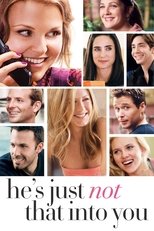
A limp ensemble relationship movie that feels like the frustrated venting of a bitter single girl after a blind date gone badly awry.
This is the kind of movie where a bunch of 20 and 30-somethings own beautiful loft apartments they couldn't possibly afford and struggle with relationship issues that are just boring to watch other people grapple with if you yourself are over the age of 30. Once again we're expected to accept Jennifer Aniston as a sad sack who can't get a date after she dumps the long-time boyfriend (Ben Affleck, playing not so much a character as a woman's fantasy made real) who won't commit to marriage. Ginnifer Goodwin is the doormat who can't figure out why guys won't call her even though they say they will. Justin Long is terribly miscast as a womanizer who doesn't know when he's fallen in love himself (I can't look at him without seeing the image of his dork from "Dodgeball" getting hit in the face with a wrench, which is not far from what I wanted to do to his character in this movie). Jennifer Connelly and Bradley Cooper are the lone married couple in the film, and because this is a Hollywood movie about relationships, of course the married couple MUST be miserable. Scarlett Johanssen is a bombshell with giant knockers that I couldn't take my eyes off of; Drew Barrymore might as well not be in the movie, and only is because a.) she co-produced it and b.) the filmmakers needed a forum in which to introduce a bunch of stock gay characters. You want to throttle pretty much everyone by the time the movie's over; I settled for thanking God I didn't have to be friends with any of them.
Though the film was only written by two people, it has the feeling of something written by committee. Characters aren't consistent or believable; those played by Goodwin and Connelly more often than not come across as mentally ill. In the world of this film, there are only two kinds of marriages: the ones that end in adultery and bitterness, or the ones that end in a ridiculously romanticized version of happily-ever-after. No wonder so many people have trouble making marriages work if they're using films like this as examples.
What a dud, and probably solid evidence that movies shouldn't be adapted from smug and jokey self-help books written by jackass talk show hosts.

"Doubt can be a bond as strong as fear." If ever there was a time in our country's recent history where that line carried the force of relevance, it's now.
And though it's set in the early 1960s (roughly a year after the Kennedy assassination), there's no doubt that John Patrick Shanley's adaptation of his own Pulitzer-Prize winning stage play is a response to these dark times, when the only thing that seems to be uniting Americans is their collective insecurity and ever-weakening belief that things are going to get better.
At the center of "Doubt" is the mystery of whether or not a priest (played by Philip Seymour Hoffman) is guilty of taking advantage of an altar boy. The priest's primary (and really sole) prosecutor is Sister Aloysius, the uber-stern and terrifying principal of the Catholic school that provides "Doubt" its setting. Watching Hoffman and Streep spar is like watching two professional tennis players at their best, and fans of expert movie acting should waste no time in seeing the sparks fly between these two. The movie purposely never clarifies the ambiguity of the charges -- is Hoffman's priest truly guilty of something, or is Sister Aloysius simply on a mad witch hunt? Streep's character is the most fascinating. From one perspective, she's a nearly maniacal harpie, intent on ruining a man's life and career for no clear reason. However, if her accusations are legitimate, she's a sort of hero, demanding justice from a male-dominated world that's willing to look the other way. Streep's performance is something fascinating to behold -- she can convey more with an arched eyebrow than another actor can with his entire face.
Amy Adams gets the pivotal role of a young, innocent nun who first brings her suspicions about the priest to her superior, and then sees them become Frankenstein's monster. In many ways, Adams' character is us, the audience, placed in the position of having to come to a conclusion on our own when empirical evidence is lacking. Adams' role is the least showy, but she does much with it.
And then there's Viola Davis, who, in five minutes of screen time, decimates the audience with some shocking conclusions of her own as the altar boy's mother. The insulated, hushed world of the Catholic Church is blown wide open by this struggling mother, who's seen more of the world than any of the priests and nuns sheltered behind the church's walls, and who puts the film's running themes of racial and gender inequality into harsh perspective.
The central conflict in "Doubt" in many ways comes down to each individual's view of the world and his or her ability to accept the ambiguity of day to day living. There's a lot about the world we will never know and much about our futures we'll never be able to control. So what's better -- anticipating the worst and therefore being prepared when it comes; or believing in the best and running the risk of being disappointed when it fails to arise? The movie just poses this question -- it doesn't try to answer it.
"Doubt" is not a fancy movie and will win no awards for its cinematic audacity. But in looking back at the movies of 2008, I imagine it will stand as one of the best-acted films of the year.
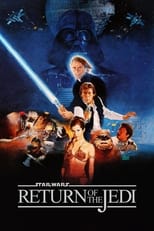
A long time ago, in a galaxy far, far away.....There was a boy who was only two years old when the original "Star Wars" film was released. He doesn't remember first seeing the movie, but he also doesn't remember life before it. He does remember the first "Star Wars" themed gift he got...a shoebox full of action figures from the original set. He was too young to fully appreciate how special that gift would be. But years later, he would get what to this day goes down as one of the best gifts he's ever received: another box full of action figures, ten of the final twelve he needed to complete his collection. It's now legendary in this boy's family how the last action figure he needed, Anakin Skywalker, stopped being produced and carried in stores, and how this boy went for about ten years (until he got into college) trying to track one down and finally bought it from someone on his dorm floor for a bag of beer nuggets (don't ask...it's a Northern Illinois University thing).
I can't review "Star Wars" as a movie. It represents absolutely everything good, fun and magical about my childhood. There's no separating it in my mind from Christmases, birthdays, summers and winters growing up. In the winter, my friends and I would build snow forts and pretend we were on Hoth (I was always Han Solo). My friends' dad built them a kick-ass tree house, and that served as the Ewok village. They also had a huge pine tree whose bottom branches were high enough to create a sort of cave underneath it, and this made a great spot to pretend we were in Yoda's home. I am unabashedly dorky when it comes to "Star Wars" and I think people either just understand that or they don't. I don't get the appeal of "Lord of the Rings" or "Star Trek" but I understand the rabid flocks of fans that follow them because I am a rabid fan of George Lucas's films.
I feel no need to defend my opinion of these movies as some of the greatest of all time. Every time I put them in the DVD player, I feel like I'm eight years old again, when life was simple and the biggest problem I had was figuring out how I was going to track down a figure of Anakin Skywalker.
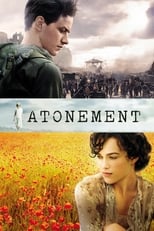
The first third of "Atonement" is superb. We are introduced to a group of affluent English aristocrats whiling away their summer hours at a massive estate.
One of them, Cecilia (Keira Knightley), is nursing a raging case of sexual attraction to her childhood friend and now family gardener, Robbie Turner (James McAvoy), while another, Cecilia's young sister Briony (Saoirse Ronan), spends her day writing a play which she plans to perform for a family gathering later that evening. Everyone is bored and listless in the summer heat. Briony, prey to an overactive imagination, keeps witnessing a series of increasingly serious moments of intimacy between Cecilia and Robbie that she isn't old enough to fully understand, and finally a false accusation by her is responsible for sending Robbie away from the estate in handcuffs. Everything about this part of the film is brilliant. The director Joe Wright ratchets the sexual tension to an almost unbearable pitch, and I was on the edge of my seat waiting to see what would happen.
But then the story and movie switched gears, and it lost some of that narrative momentum it had been so wonderfully building. The second and third acts of the film, while accomplished, do not deliver on the promise set up in the film's first part, and the movie never really succeeded in sucking me back in. When we next see Robbie, he's wandering through the desolate battlefields of WWII France, pining for Cecilia and nursing a chest wound. Wright shows off mightily in this part of the film; there's an astounding ten-minute tracking shot that depicts the allied forces on the beach of Dunkirk that will have cineastes slobbering. But like Robbie's mind, this part of the film starts to wander aimlessly, and even while I was admiring the sheer planning that went into this amazing shot, I couldn't help but wish that Wright would just get on with it already.
Finally, the film circles back to Briony, four years older and working as a nurse tending to the wounded. She's suffering a tremendous amount of guilt for the wrongs she's only now beginning to understand and wants to reach out to Cecilia (from whom she's now estranged) and Robbie to offer her apologies. I've not read the Iam McEwan novel on which this film is based, but even I could tell that this is where the screenwriter, Christopher Hampton, had the most trouble adapting the novel to the screen. Much of what "Atonement" is about becomes clear in this last act, as Briony ages into Vanessa Redgrave, a successful novelist who has finally written a novel that works as an outlet for her devastating feelings of guilt. We begin to realize here that "Atonement" isn't as much about the love affair between Cecilia and Robbie as it is about the act of writing and the power of words. Briony learns as a little girl how difficult words are to take back once they've been said; as an adult, she learns the ability of words to help us deal with regret. One particular scene that takes place between Cecilia, Robbie and Briony is a fiction inserted into their story by Briony the novelist; it's the story as she wishes it had been rather than as it actually was. Briony the woman can't change the past, but Briony the novelist can.
This is a wonderful idea, but unfortunately the screenplay doesn't quite know how to communicate this in cinematic terms, so it's told directly to the audience by Redgrave in a monologue at the film's conclusion. Redgrave is a luminous actress, but her soliloquy feels awkwardly inserted into the film. As for the other actors, they all do fine work. The young actress Saoirse Ronan is especially good, and James McAvoy proves further that he's becoming one of the finest young actors working today. But the screenplay sort of abandons him and Knightley after its first half hour or so to a warmed over version of "The English Patient," and the strong impact they both make early on dissipates gradually.
I admired "Atonement" for how it looked and the ideas it had to express, but I think it's an uneven film that doesn't entirely work.




